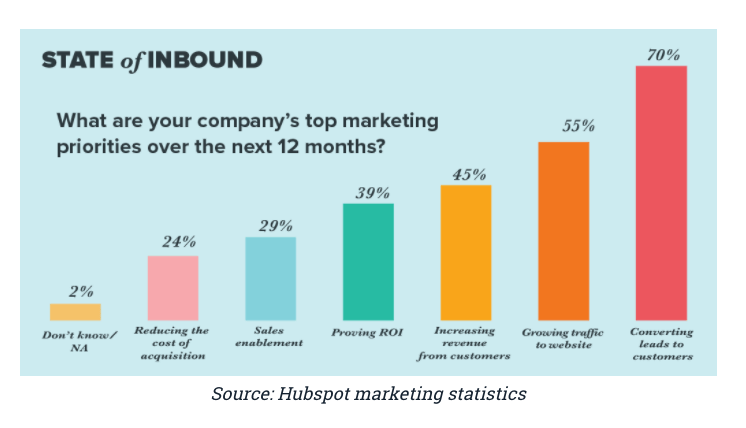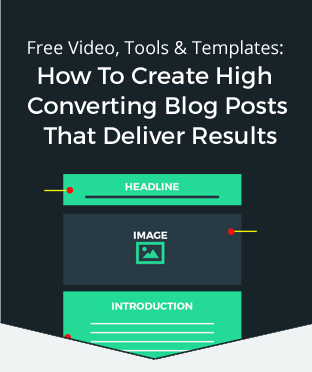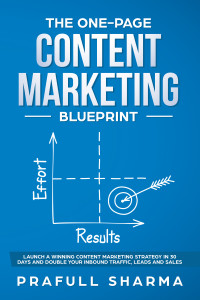Is it ok to add a lead magnet that is not at all related to what my website actually offers?
So, you have your website and blog for your brand or service all set up.
You regularly churn out well-researched and carefully written content that your audience should dig into immediately. Some do. Others even end up spending a good amount of time on your website, according to your analytics. Yet, they don’t seem to be very willing to give out their contact information.

Is it because they don’t want to know more about your business, products, and services? Did they not like what they read on your site? Maybe your lead magnet was misleading and your audience felt misled upon realizing your pitch had absolutely nothing to do with your business.
The latter is actually an all too common scenario that marketers who want a quick and easy boost on their lead magnets try. Imagine this:
Let’s say you’re in the business of selling bikes and want more people subscribing to your blog. Your intention is to educate them on the quality and features they should look out for before making a purchase. Your end game: build enough trust and rapport to eventually introduce why your own bikes are superior to competition.
Now, to entice people to subscribe to your blog, you need an incentive that motivates them to willingly hand out their email address so you can deliver the latest information about your products straight to their inbox. However, bikes are a very niche product. Not everyone knows how to bike, for example, and it limits your potential audience. So, instead of creating a lead magnet focused on your actual product, create a lead magnet about travel. Everyone loves to travel and you just might reach a broader audience. You create your lead magnet based on that — ”Sign up and discover your next great travel destination.”
It piques the interest of your audience. They sign up and give their emails. Unfortunately, once they’re finally directed to your website or receive their first newsletter, they realize your brand isn’t showcasing the beautiful countries they can travel to, it’s selling bikes.
Can you guess what happens next?
- You lose your prospect. Most will feel duped that they put all that effort and didn’t get the returns they wanted from it.
- Your brand reputation suffers. Your lead magnet promised them one thing. You gave them something completely different. Your brand can no longer be trusted to deliver on anything you claim anymore.
You will have a very difficult time recovering from this. No matter how valuable your lead magnet is moving forward, you’ve already lost their trust. And you’d be hard pressed to convince them to give you a second chance.
To that end, it’s not advisable to create a lead magnet that’s not at all related to your business. The best lead magnets are always relevant, thoughtful, and helpful to your prospects. It doesn’t even have to be anything that costs too much. It can be an eBook, a white paper, a coupon, access to exclusive research—any downloadable incentive that you can create yourself. The key objective here is that it has to be valuable and relevant to your business.
Hope my answer helps! If you have any questions, feel free to get in touch via this link here.
Share This Story
Get the latest growth ideas, strategies, and best practices delivered to your inbox.
Quick read that helps 7000+ subscribers.





